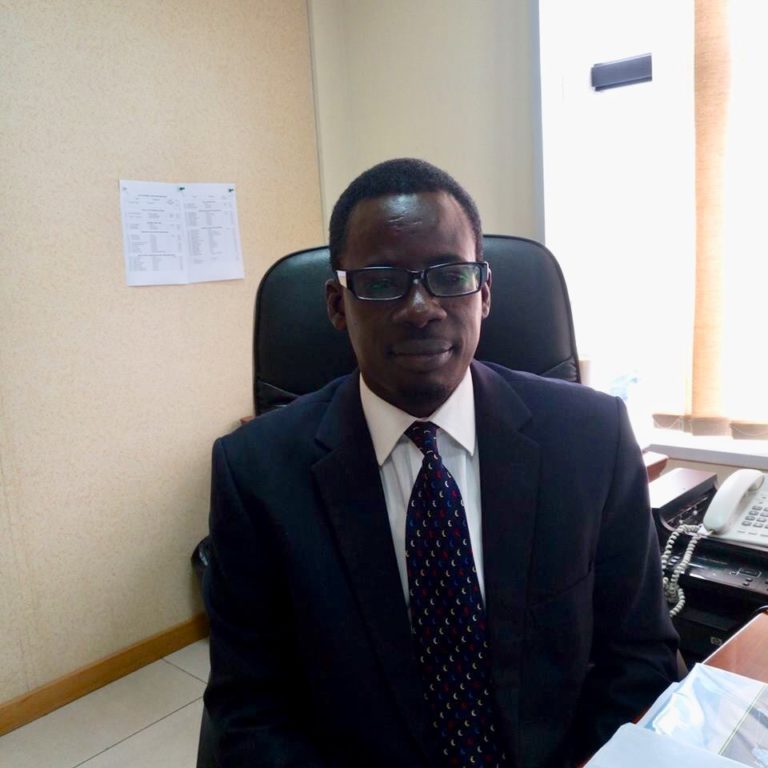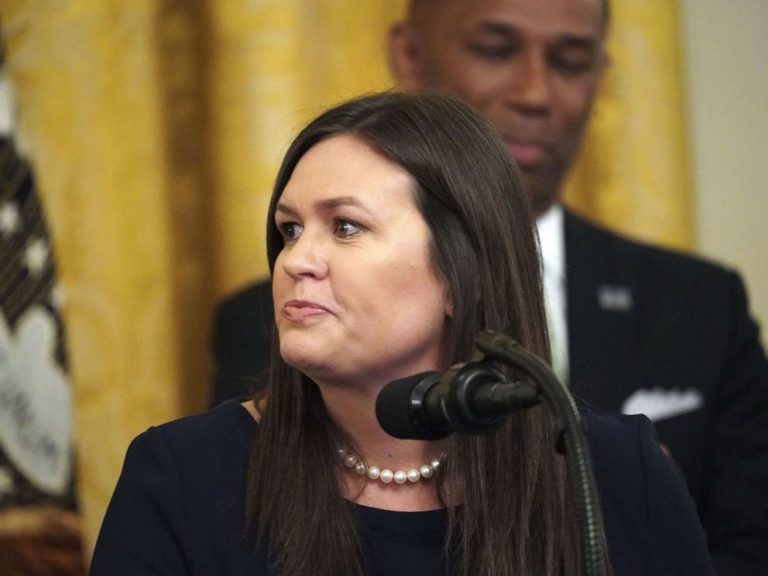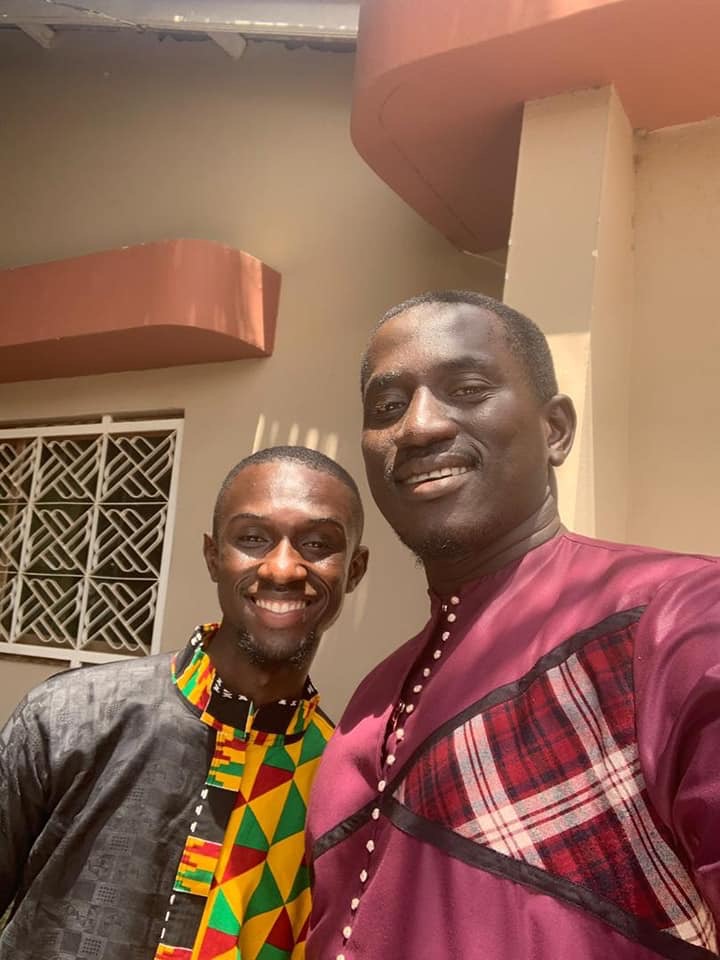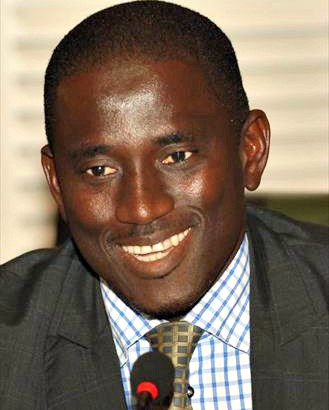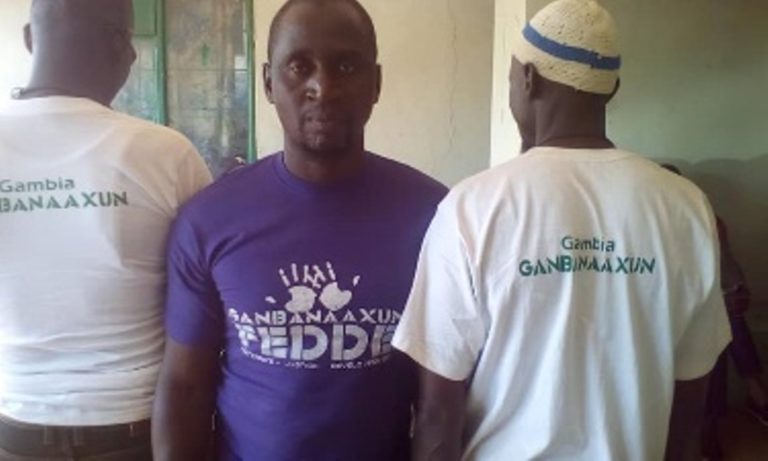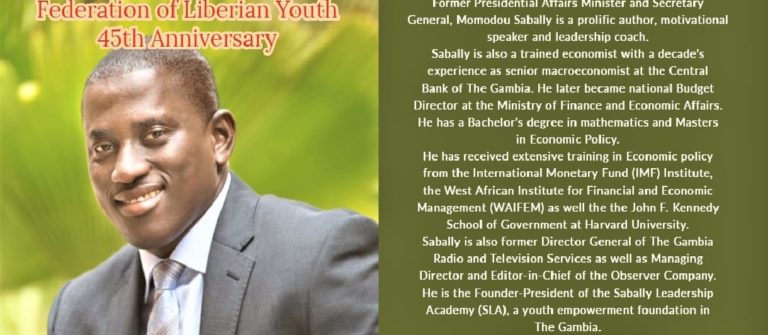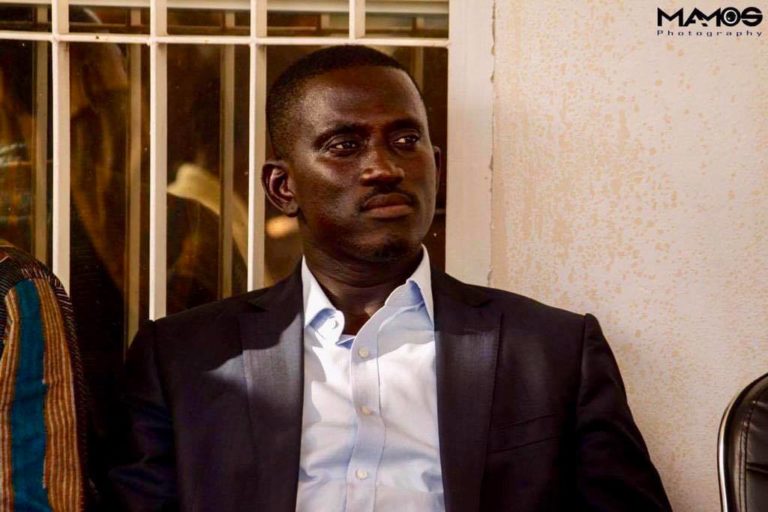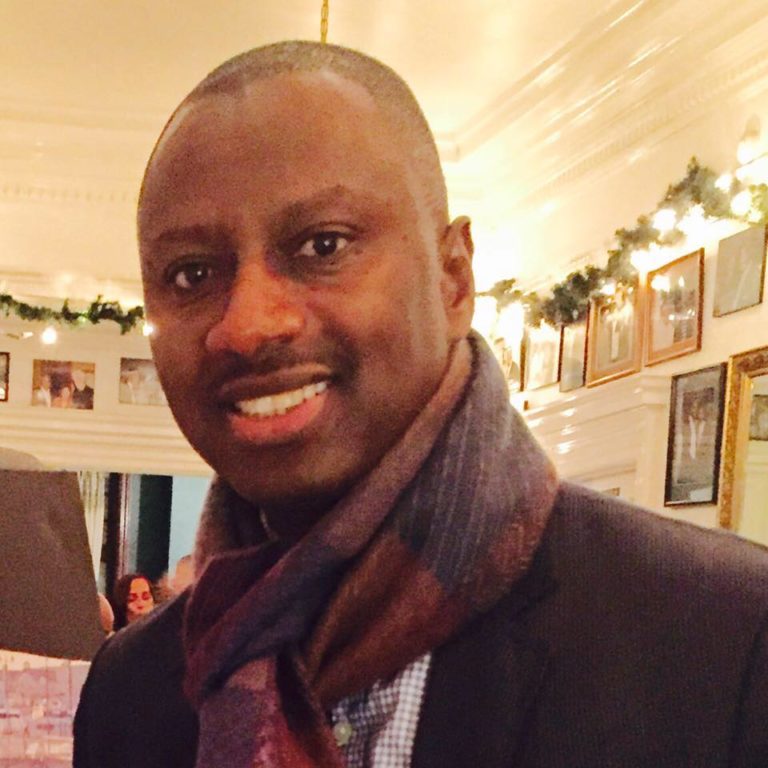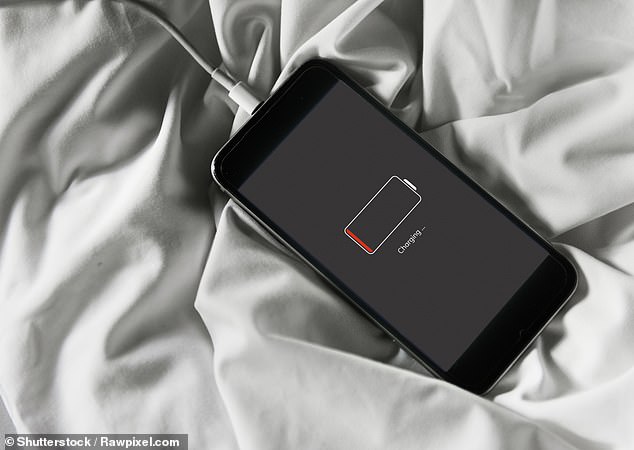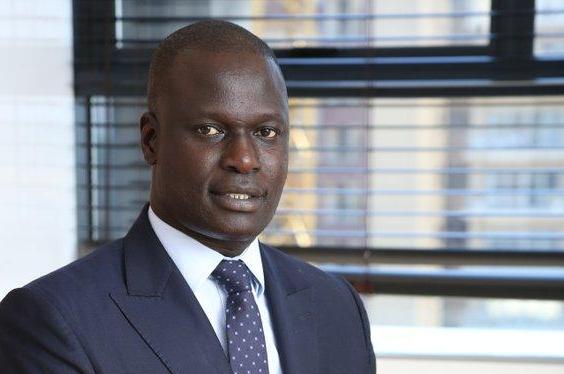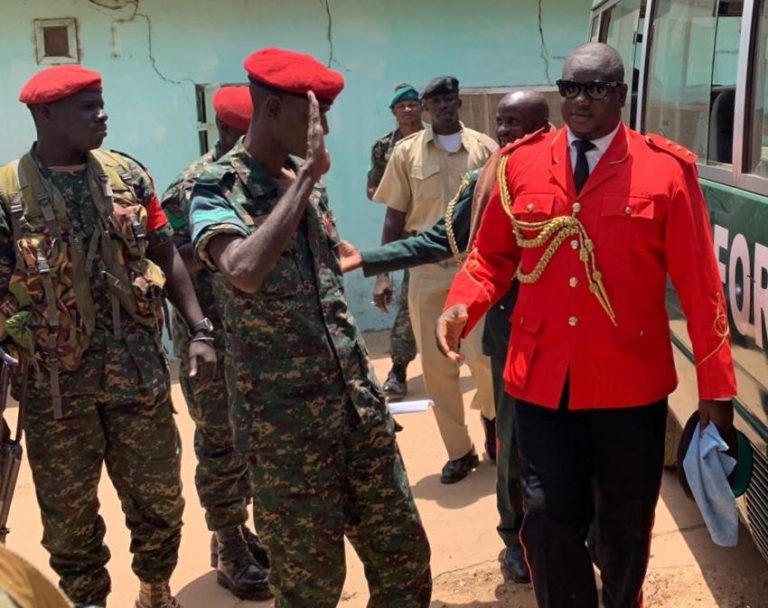Ismaila,
Ismaila my good friend,
We have just completed our obligations for your funeral rites at the Bundung Cemetery with your son Ebrima standing next to me. He looks every inch like you and I have no doubts Allah has endowed him with some form of your own academic dexterity.
I have wept for many deaths but by the time I reach the cemetery my level of acceptance for losses of family and relatives is always close enough to completion that I have never wept at a burial ground. But today I could not hold my tears at the graveyard while the final rites were being performed.
The loss is irreparable my good brother, yet the memories of your blessed life shall forever remain our cherished treasury. When I wrote part one of this series I included many econometric terms and decided to reduce a few so that the readership could find it easy to comprehend; Alas, upon return to your family’s residence I met our mutual colleague Alagie B. Gaye (former head of the Public Utilities Regulatory Authority) with whom we had our first training at the West African Institute for Financial and Economic Management (WAIFEM) in Lagos on Techniques of Economic Analysis; and his first utterance as feedback was your favourite term that I decided to omit from part one “augmented Dickey–Fuller test (ADF) ”. Such was your love of knowledge that when you spoke about technical terms in economic analysis, they took musical notes with your charming baritone.
Ours was a decade-long camaraderie in apprenticeship before we parted ways; I left for the job of Budget Director at the Finance Ministry. You stayed as Research Director until you finally left for the a job of the same title at the multinational sub regional body, the West African Monetary Institute, charged with the responsibility of ‘midwifery’ for the envisaged common currency for Anglophone West Africa.
The camaraderie in apprenticeship was worthwhile largely due to your intellectual acuity and jolly good demeanour. We saw both good times and hard days under very strict but loving and kind supervisors, including Momodou Ceesay, Research Director when we came in, then Basirou Njie and our affectionate brother-in-common the very affable Buah Saidy.
The apprenticeship paid off well, and I state this in this tribute as lesson for that younger ones that look up to us. When the representative of WAIFEM spoke at your funeral earlier today, he commended you for being the first one to remind him about his duty to God while in office when he was elevated to head that prestigious office. He then stated with candour that you, Ismaila Jarju, are an ICON in West Africa for your efficacy and track record of professional excellence in your role as lead economist.
I state the above to share a tiny bit of your story as inspiration for the young ones for you have always used my own life story to inspire your mentees. On the day of your passing, your nephew, Pa Sawaneh, told me he was informing a colleague about how you used to inspire him using my life story. Another testimony to that effect was made earlier today.
But yours is story of excellence not only at home but also at the international scene where another former boss of ours, Bamba Saho, once told us we should aim for: at the ‘premier league’ of Economists and central bankers, mirroring the success of our African brothers on the global soccer scene. And that is why he told us that they had to forge us through fire to prepare us for that next level. You passed that test, my jolly good comrade and passed it well. I bow; I bow to honour your legacy my good friend, father of Ebrima, Kuya and her younger siblings.
The lesson to our younger ones, my good friend, is one of PATIENCE and PERSEVERANCE; and the willingness to LEARN and learn to work under expert supervision for a sustained period.
The lesson, can be summed up in the Wollof idiom oft-repeated by our colleague Ismaila Faal (then working at the Standard Chartered Bank) with whom we used to discuss policy measures being implemented by the Central Bank in the mid-2000’s in a bid to stabilise our tempest-tossed macroeconomic framework. His premises were always spiced up with the Wolof saying ‘lor jaangut, dor kor tari’ (you cannot recite what you have not studied).
For many years, we struggled, we studied and we travelled together. We prayed together and fasted together. I saw you in good times and during unpleasant moments but you never lost faith; the vicissitudes of life never changed your beautiful inner core. You remained the kind loving soul that you have always been.
The testimonies at the mosque before heading for the graveyard corroborate the above statements. Your in-laws and neighbour spoke about your generosity and loving care for them. Your personal assistant Sheikh Joof spoke about how you used to give out so much of the money you would bring home on vacation from your job station in Ghana, to the extent that you would be short of money to take care of your own personal matters. Your prayers and gifts at the mosques, both in The Gambia and Ghana were revealed by witnesses on this day. What more can we add to this my good friend? The narrative will never be exhaustive for I am well acquainted with your perennial random acts of real kindness.
Our mutual friend whom you sent 50, 000 (fifty thousand Dalasis) to complete the roof over his incomplete house, told me he still has the receipt of the bank transfer stored in his phone. The mosque you generously supported in Kotu, recited the full ‘Kaamil’ Quran in prayers for you this very afternoon as you enter your new abode.
As I stated in my Facebook post after I first heard about the sad news of your demise: Last time we met you insisted that I order some food to eat at the restaurant and when I said I was not hungry, you insisted that I order a takeaway.
Our last phone conversation was motivated by an article I wrote about the state of affairs of the Gambian economy. You called me from Ghana to express your appreciation and thanked me for sharing my knowledge for the benefit of the country. You prayed for me for taking that initiative to advise the authorities to take the right measure to correct the imbalances in our economy.
The tone of your voice that night, conveyed the deep love and care you still have for your country even as you worked abroad with comfortable pay. You were never one of those who would turn their back on their country once new opportunities opened up abroad. You genuinely stayed connected to the mother land.
For these and many more kind, generous, selfless acts and thoughts, may Allah forgive you and reward you with the highest Jannah. Jannah is not a place to be earned and you know that better than me, but we pray and will continue to pray for Allah, the Most Merciful, to embrace you with His Eternal Grace and commit you to the company of the righteous ones in the hereafter.
Till we meet again, my dear good brother and friend, this is your man, the one whom you loved and bestowed so much confidence in as to outshoot his own self-trust, the one you affectionately called in drawl: Moe-doo!
Momodou Sabally
Former Presidential Affairs Minister and International Speaker, Momodou Sabally is a former Research Economist at the Central Bank of The Gambia who later became Director of Budget at the Ministry of Finance and Economic Affairs.

